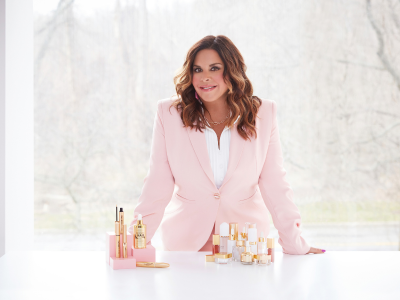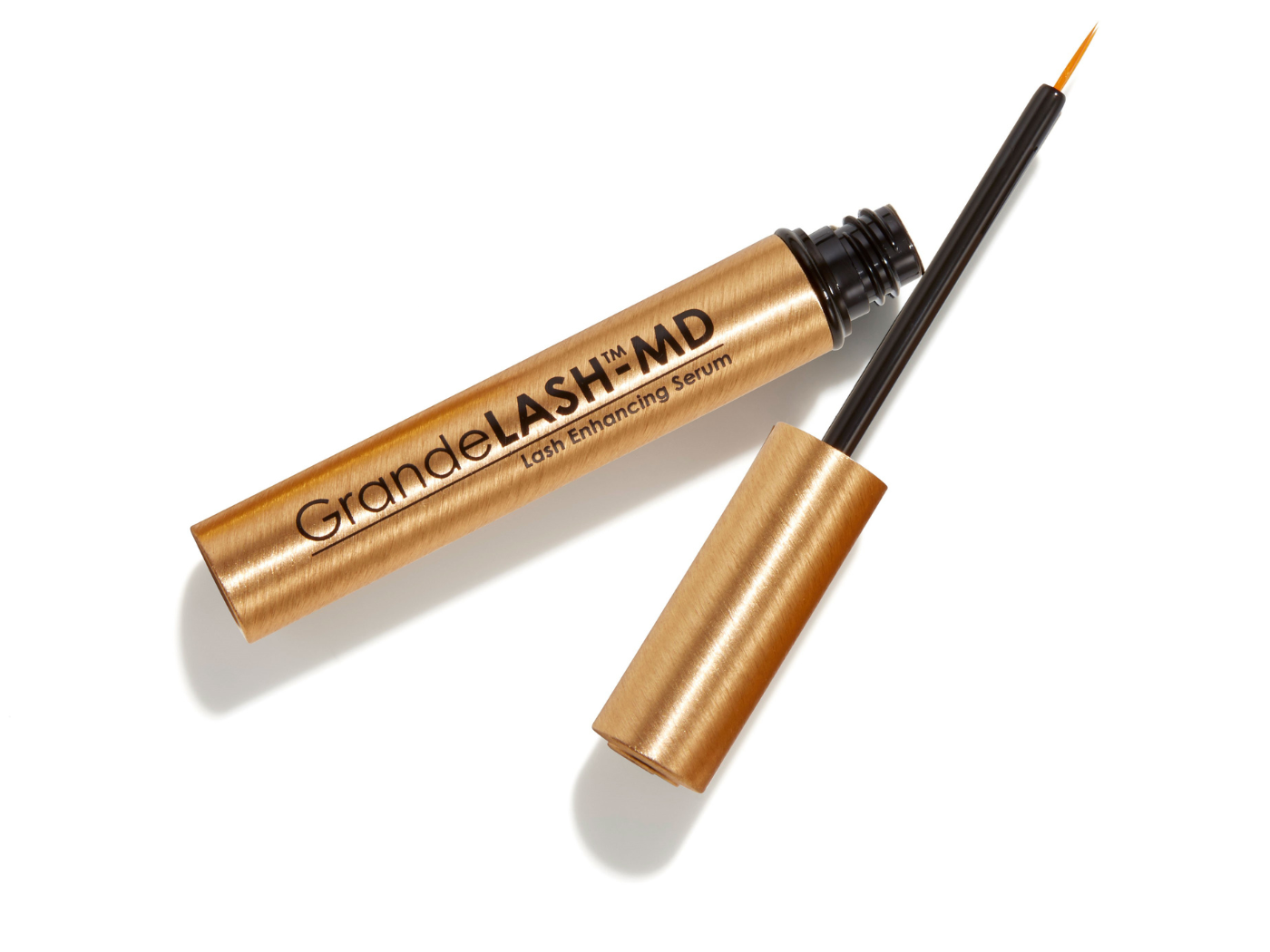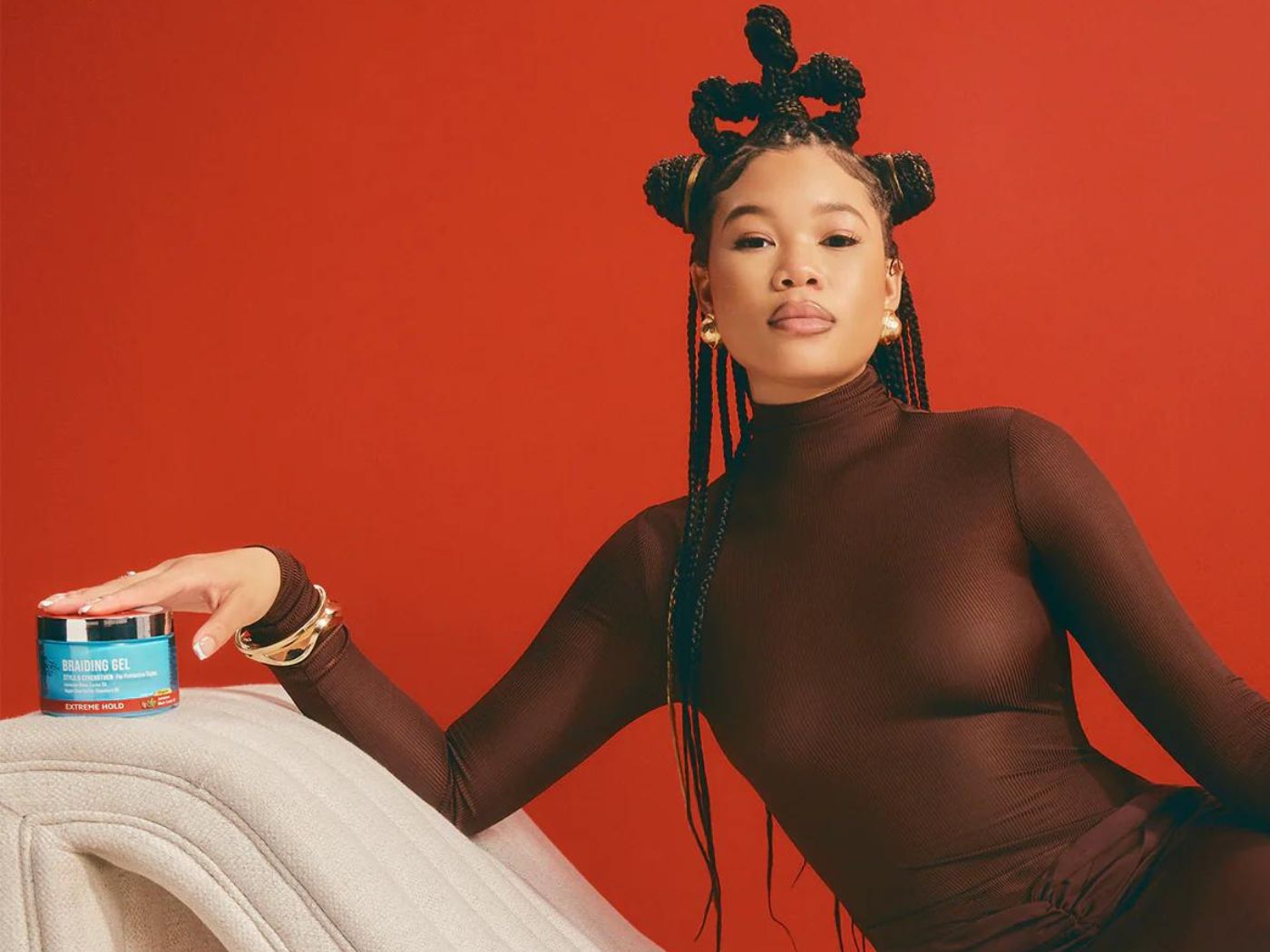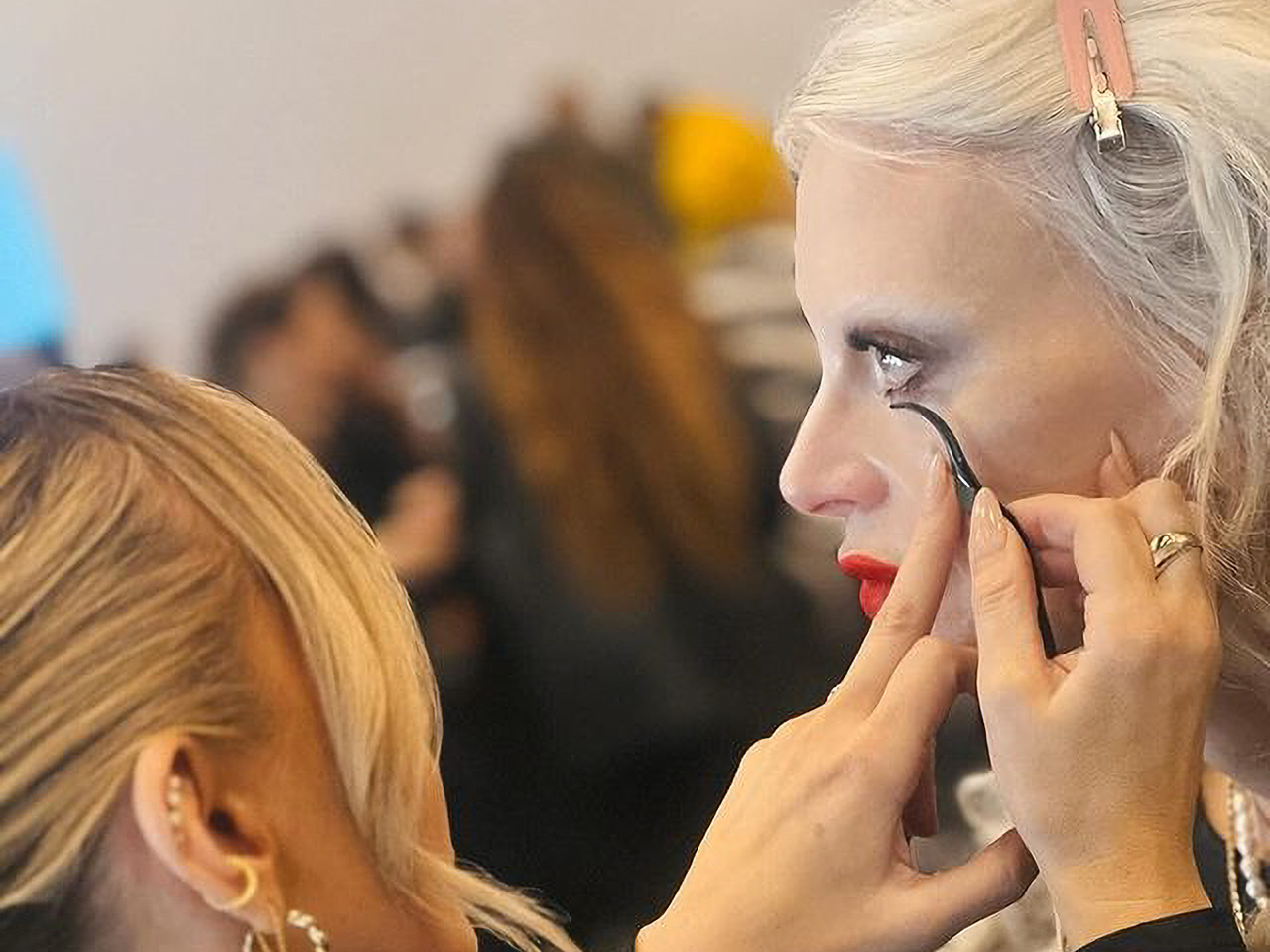To resolve claims in a false advertising class action lawsuit filed in New Jersey federal court in November 2022, Grande Cosmetics has agreed to pay $6.25 million, as well as to revise language on product packaging and the brand’s website. Grande does not, however, admit any wrongdoing and continues to deny the accusations in the filing.
A final hearing to approve the terms of the settlement is scheduled for March 13, 2024.
The lawsuit, filed by plaintiff/class representative Brenda Nixon, asserted that Grande Cosmetics failed to adequately communicate to consumers that three of its products, GrandeLASH-MD, GrandeBROW, and GrandeHAIR, contain an ingredient (isopropyl cloprostenate), that is categorized as a prostaglandin analog, and, as such, poses a risk for adverse effects.
The $6.25 million settlement will cover attorney fees and other court costs, with the remaining money going to a fund that will pay up to $150 to qualifying consumers who purchased GrandeLASH-MD, GrandeBROW, or GrandeHAIR between Jan. 1, 2018, and Dec. 14, 2023.
Grande Cosmetics has also agreed to add the phrase “an analog of prostaglandin” following the words “isopropyl cloprostenate” on all relevant material and expand the language on their packaging and website to make it abundantly clear how to properly use the three formulas.

Grande Cosmetics founder Alicia Grande maintains that isopropyl cloprostenate is a safe cosmetic ingredient that has been part of the GrandeLASH-MD formula for 16 years. She said the controversy around this ingredient is likely tied to the fact that there is a different prostaglandin analog, bimatoprost, used in a prescription-strength eyelash serum — and that ingredient is classified as a drug.
But “they are not the same ingredient — one is a cosmetic and one is a drug,” said Grande, comparing the two to over-the-counter retinol and prescription-strength tretinoin. “Also, the percentage of isopropyl cloprostenate in Grande Cosmetics formulas is below .005%, while the percentage of bimatoprost found in the prescription-strength eyelash serum is much higher.”
Finally, she points to the fact that the company has done more than 10 safety studies on their products, and that they offer a 90-day, money-back guarantee, yet have a less than 2% return rate. “This speaks to how happy people have been with these products and their results,” she said.
In the wake of the lawsuit filing, however, Grande commissioned another clinical study last year, with 120 subjects that evaluated the effects of using GrandeLASH-MD daily, as directed, for eight months. The purpose was to objectively evaluate the safety and irritation potential of the formula, as well as to address two purported risks of isopropyl cloprostenate alleged in the lawsuit: iris color change and periorbital fat loss.
“I wanted to make sure that our product does not cause these things, because if it did, I would gladly change it,” Grande said. “The last thing I want to do, as a brand founder, a philanthropist, and health advocate for women, is put anyone at risk.”
The study found no statistically significant changes in the visible color of the iris on the RBG scale or in periorbital volume — and only a slight potential for “transient opthalmologic irritation.” Of the irritation notation, Grande points out that nearly any topical product has some potential for irritation. “But with more than 10 million units of GrandeLASH-MD sold, our products have a proven track record of overwhelmingly positive consumer satisfaction.”
In response to the settlement — in an effort to re-assure its customers — Grande Cosmetics has also posted the following statement on its website: “GrandeLASH-MD, GrandeBROW & GrandeHAIR Enhancing Serums are safe, clinically tested cosmetic products. The lawsuit alleged Grande’s marketing of these products was false or misleading. In resolving the dispute, Grande Cosmetics did not admit any wrongdoing relating to its marketing of any of its products. Grande Cosmetics, however, has agreed to enhance the labeling of the products —including updated usage instructions and wording within the ingredient list—for clarity. The case did not relate to personal injuries suffered by users of the products.”
Alica Grande founded Grande Cosmetics in 2008 after being inspired by a radio show she operated, “The Health Buzz,” where beauty and health experts discussed the latest trends and innovations. Her first product, GrandeLASH-MD, a lash enhancing serum, became a success after Grande hustled it to the trade show and retail circuit.




